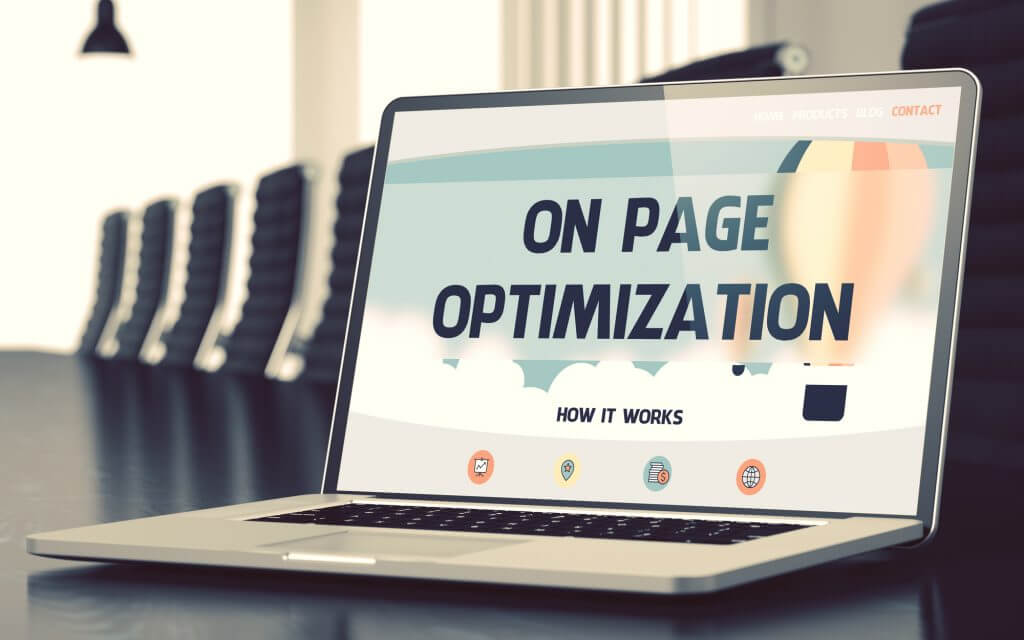For better or for worse: How SEO is changing alongside its adaptation to the AI era

There’s no secret or exaggeration that search engines fueled by generative artificial intelligence could completely disrupt and change the face of the online ecosystem. The only questions lie in “how” and “to what extent” they will do, and as today’s businesses rely more and more on search engine optimization to grow their enterprises and audiences, another critical matter focuses on how this niche will be changed.
SEO’s role in digital marketing goes beyond what one may think if you stop looking at how vital link building for eCommerce is. Having suitable, customer-oriented content strategies that speak for a business is essential in order to help the enterprise thrive and level up, remaining relevant in an oversaturated market with fierce competition within any existing industry. But since keeping up with trends and staying pertinent within a society with ever-changing needs and preferences is vital to keeping a business afloat and flourishing, doesn’t it mean that everything that artificial intelligence brings should be analyzed, leveraged, and introduced in SEO strategies? Naturally, one would believe that SEO and AI should (and could) flawlessly merge into a new and improved service whose correct usage will set prosperous and unsuccessful businesses apart. Surprisingly, the answer is more nuanced than this.
Here, we’ll delve deep into the aspects of SEO that cannot remain unaltered once AI has broken into the market and decipher the latter’s impact on the former, demonstrating that value as the central defining element for success remains invincible.

The main characteristics of SEO—trading value for trust
SEO has primarily brought value to businesses through finely made content in diverse forms, including but not limited to blogs, articles, social media posts, short- or long-form content, and other extra resources about which experts from Seeders give insights. As you’ll deeply discover, it is about offering helpful, enriching information and using metrics like social proof to validate it. Regardless of AI’s traction within the SEO landscape, this basic principle remains unmoved.
Google has long been working on its algorithms to incentivize participants who demonstrate they abide by and fulfill the EAT concept (Expertise, Authority, Trustworthiness), all to eliminate noise and create a more authentic and reliable space. They’ve long worked to separate the wheat from the chaff, becoming more and more capable of differentiating content that actually offers value to customers from content made entirely for search engines. And in spite of the quick advancement of AI, these principles remain the same: to provide pertinent and high-quality info for internauts.
Therefore, if you’re doing digital marketing in Spain, France, Germany, or any other country and focusing on the quality of the content, know that you’re on the path to success. As long as the goal is to deliver value, you should only work on and update the strategies employed to achieve this objective.
Generative AI vs. AI: what’s the catch? Can they help SEO?
Generative AI might be misleadingly confounded and used for AI, and vice versa, so it’s crucial not to mistake one for another. The former represents a subcategory of AI that focuses on creating new and revolutionary outputs such as music, images, texts, and intrinsic data patterns. With the help of deep learning and machine learning, it differentiates patterns from extensive input additions. Probably one of the most common examples that is also the easiest to understand is the transformer-based model of GPT-4 that develops synthetic data and content in a human-like manner.
Developing AI-based content can often result in poor, unoriginal content that can hurt a campaign’s results instead of adding value. Furthermore, numerous incorrect outcomes have made it into the books, such as wrong and inexistent book titles wholly invented by the bot.
On the other hand, SEO has specialists and experts who continuously combine all the research, tools, know-how, and knowledge to maintain the industry at its best. The message becomes clear then: AI is not here to replace any area of SEO but to accompany experts choosing to dissect developing technologies just like any other invention breaking into the market as a consequence of evolution.
Must-know insights and the trends that will shape the AI and SEO combo
As AI’s roots in people’s lives dig deeper and deeper, it’s critical to learn how it will impact the SEO ecosystem. While the core concepts of SEO will remain the same and accurate, the strategies and methodologies are prone to alter with the technology’s continuous evolvement.
In the future, seeing a larger focus on predictive SEO analysis could be a scenario come true. Looking at the original intents of generative AI, search engines might be able to predict what a Google user wants to search even before they click “enter.” Thus, pre-emptive SEO has a good chance of gaining a reputable seat among future AI tools.
Envisioning a future with AI next to SEO
To gain a glimpse of where the two sciences are headed, it’s worth taking a few steps back to look at the revolting punch that the launch of ChatGPT supposedly gave to Google’s dominance. As a comeback, Google launched Bard, its own AI chatbot, which is slowly being incorporated into Google. Nevertheless, these two advancements can be regarded as a peril to informational search queries and websites depending on them. Still, the same doesn’t apply to keyword constructions such as “children’s toys” or “travel agencies.” Despite generative AI’s advancement, these are projected to maintain their importance and pertinence.
Short- and long-term perspectives
Additionally, things aren’t evolving fast enough for SEO not to be able to catch up with them. Google will still need resources to garner data and mold it based on chatbot users’ needs and queries, so SEO’s tools and outcomes will remain just as indispensable and powerful as they are today. After all, any self-developing AI tool needs prior content to feed itself on.
In the foreseeable future, Google will remain dependent on external elements to establish the pertinence of a website. Therefore, more value should be put on high-quality links, reassuring businesses that they can stick to their link-building practices and only improve their strategies and methodologies. Should one need link building Argentina, there’ll always be resources to rely on to maintain an effective SEO campaign.
On the other hand, the distant future might be a little blurrier given the many factors missing from the equation. However, what’s for sure is that SEO as a traffic tool will remain necessary and in place, as all the developments to come will need foundational content to munch on.
Wrapping it up
When used correctly, AI can be SEO’s helpful ally, so keep an eye on their coexisting evolution with the confidence that the latter remains indispensable regardless of what AI is cooking in the oven. SEO will, at best, receive a new, updated face and function together with generative AI as professionals and experts adapt to the ever-changing digital landscape.





